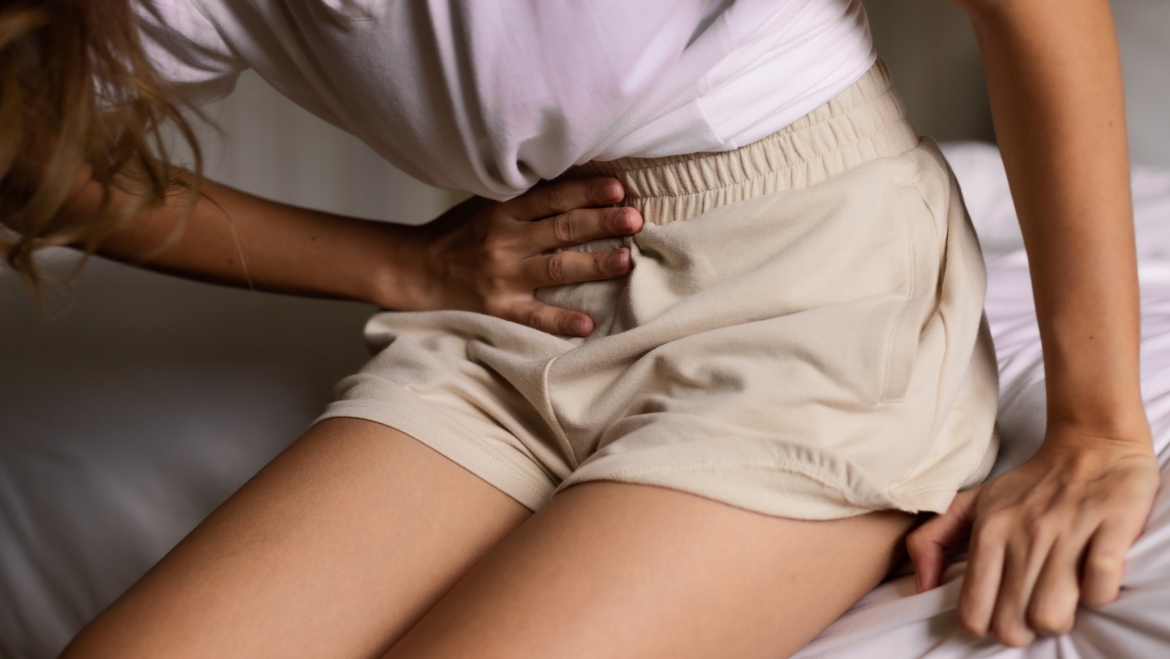WHAT IS… PREMENSTRUAL DYSPHORIC DISORDER?
Premenstrual dysphoric disorder (PMDD) is a more severe form of premenstrual syndrome (PMS) and affects women of childbearing age. It is a severe and chronic medical condition that requires attention and treatment. PMDD affects up to 10% of women who have periods. Although the precise cause of PMDD is unknown, it is thought to be related to an abnormal reaction to the hormonal changes that occur with each menstrual cycle. Hormonal changes can cause a serotonin deficiency, which is a naturally occurring substance found in the brain and intestines that narrows blood vessels, affects mood, and causes physical symptoms. Women who have a personal or family history of depression, postpartum depression, or other mood disorders are more likely to develop it. Symptoms can be managed with lifestyle changes and, in some cases, medication.
PMDD symptoms appear a week before menstruation and disappear a few days later. These symptoms make it difficult to perform daily tasks. PMDD symptoms can sometimes be so severe that women have difficulty functioning at home, at work, and in relationships during this time. This is significantly different from other times of the month. Symptoms include extreme sadness, hopelessness, irritability, or anger, as well as common PMS symptoms like breast tenderness and bloating.
The disorder can cause severe emotional distress alongside the physical symptoms. Increased pain can have a negative impact on the relationship between ourselves and our bodies. Rather than a source of pleasure, the focus is put on managing distress and discomfort. Intimacy and sex can be difficult if not impossible during this time of the menstrual cycle which then impacts a couple’s ability to connect and communicate.
We have specialists who work with supporting people and their families with the psychological adjustment to health conditions. If you would like to find out more or would like to book an initial consultation, please email info@usintherapy.com for more information.



Add Comment